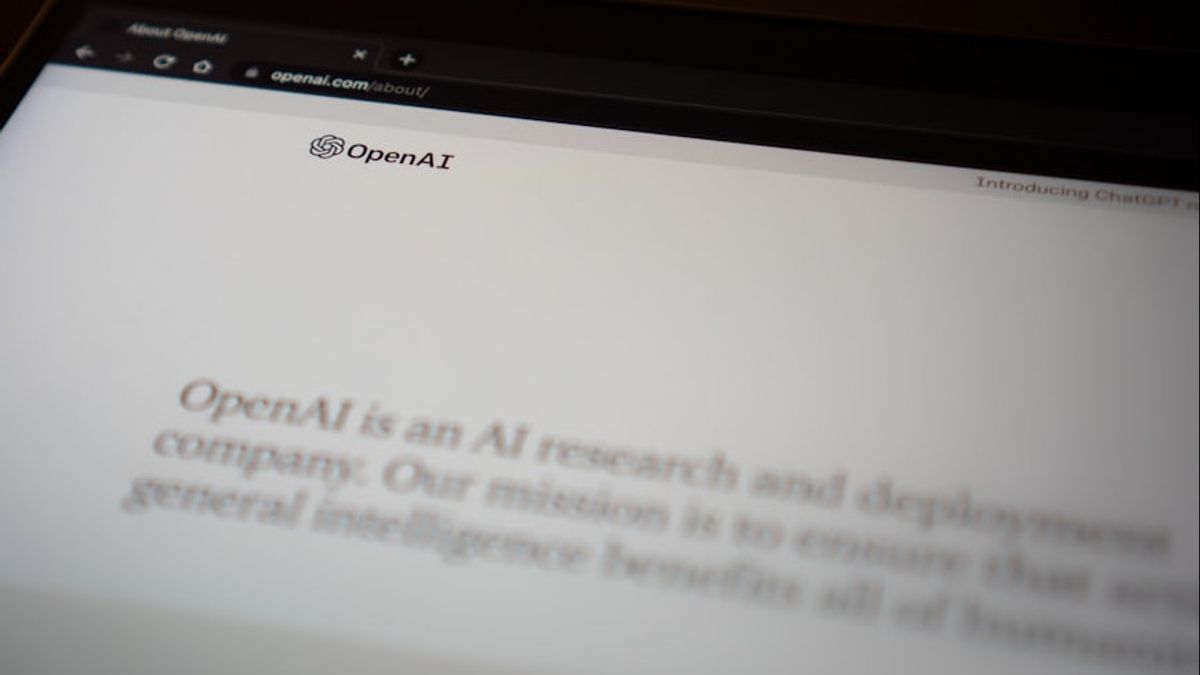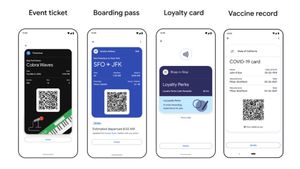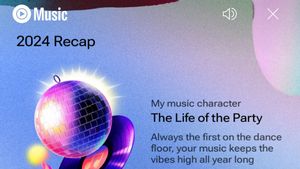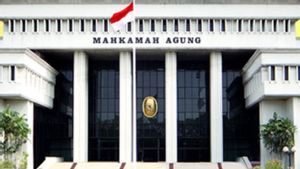JAKARTA OpenAI has developed a system to add watermarks to the ChatGPT-generated text, both on its website and applications. However, OpenAI is still hesitant to release it. Watermark will not affect the quality of the text created by ChatGPT, but this feature will show that users use the resulting text Artificial Intelligence (AI). This causes OpenAI to hesitate to launch a watermark. Based on the results of the Wall Street Journal survey, nearly 30 percent of ChatGPT users will less use the chatbot or even switch to other chatbots if OpenAI releases watermarks. If this happens, the company's net profit will decrease. However, not a few also support the launch of watermarks on ChatGPT's resulting text. Like for example, they can find out if the tasks their students collect are made by ChatGPT.
SEE ALSO:
Currently, OpenAI is still conducting research and considerations on the use of watermarks. The company's approach shows that watermarks are effective in detecting various minor changes in AI-generated texts. However, this tool cannot deal with major text changes such as translation or very complex text manipulation. That is, if the results of AI writing are changed with more complex text, OpenAI watermarks will not be detected. OpenAI realizes that many support the launch of this tool, but watermarks can also harm some people. This tool can help users re-translate or rewrite text into foreign languages. With the watermark, this feature will harm these users.
The English, Chinese, Japanese, Arabic, and French versions are automatically generated by the AI. So there may still be inaccuracies in translating, please always see Indonesian as our main language. (system supported by DigitalSiber.id)


















